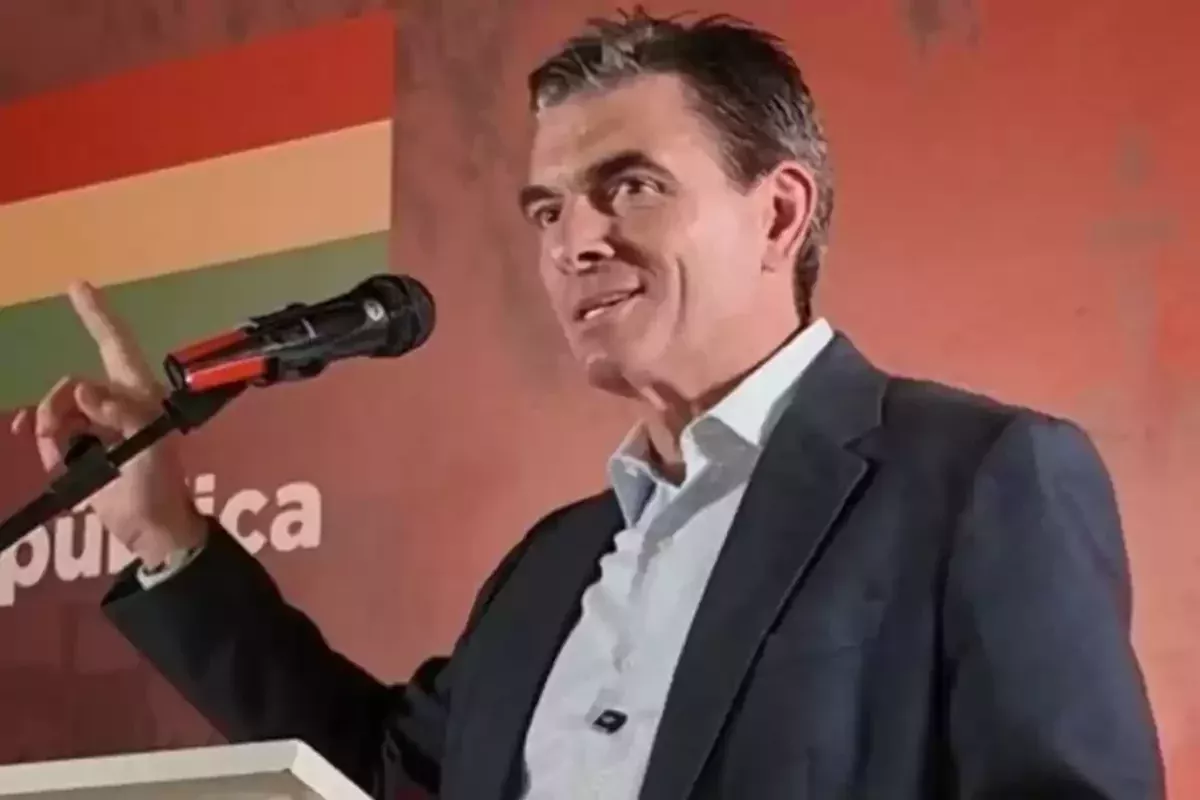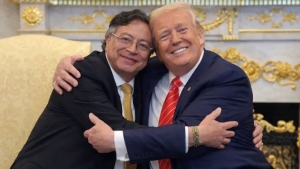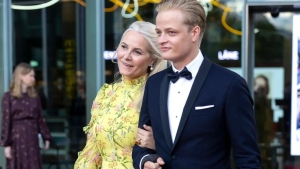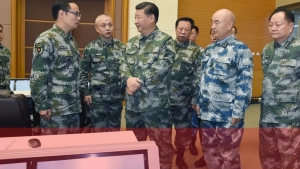The centrist candidate won the presidential election in Bolivia

The second round of the presidential elections held in Bolivia on Sunday, October 19, marked the beginning of a new era in the country's politics. This was reported by Zamin.uz.
Senator Rodrigo Paz Pereira, the candidate from the centrist Democratic Christian Party, won the election. According to the election commission's data, Paz secured around 55 percent of the votes, leaving his opponents behind.
This result ended the left-wing political dominance that had lasted for the past twenty years. For the last twelve years, Bolivia's political arena was mainly characterized by the rivalry between two figures — former president Evo Morales and the incumbent president Luis Arce.
Both are leading representatives of the Left Movement (Movimiento al Socialismo) party. Evo Morales was unable to run for president due to constitutional restrictions, and Luis Arce withdrew his candidacy before the election due to declining ratings.
The 58-year-old winner, Rodrigo Paz, addressed the public at a rally held in La Paz, emphasizing the formation of a government that offers real solutions for the country. He stated that he would work on restoring the country's international standing and regaining citizens' trust.
Paz's main opponent, Jorge Quiroga, the candidate from the right-wing Libertad y Democracia party, congratulated the winning candidate but noted the necessity to wait for the official results to be announced. Thus, the political landscape in Bolivia has fundamentally changed.
The country has shifted from left-wing dominance to governance by centrist politicians. This change is regarded as a significant turning point not only in domestic politics but also in the overall political balance of Latin America.







